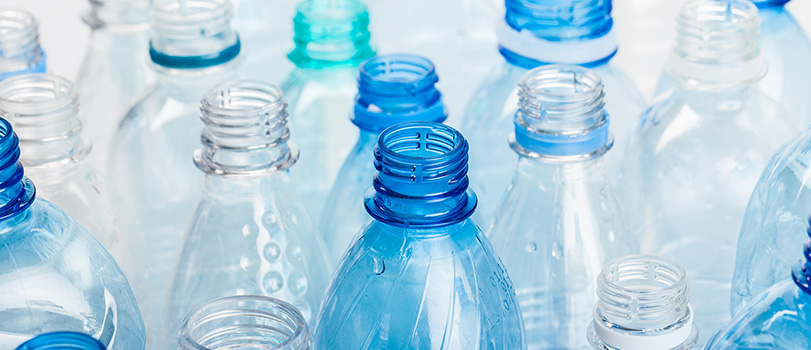Turkey’s New Plastic Food-Contact Regulations Align with EU Plastics Regulation

Turkey’s regulations on plastic food-contact substances and materials were recently updated to align with the European Union’s Plastics Regulation, (EU) No. 10/2011. The new regulations were published in the Official Gazette, Issue 30989, on December 25, 2019, by Turkey’s Ministry of Agriculture and Forestry.
Plastic in Contact with Turkish Food Codex Food Substance and Materials, Communique No. 2019/44, sets the rules for production, processing, and distribution of plastic materials expected to come into contact with food. The scope of the Communique includes plastic layers in multilayer materials, and plastic layers or coatings forming gaskets in caps and closures, but exempts ion exchange resins, rubbers, and silicones. The Communique also does not apply to printing inks, adhesives, or coatings other than those that form the gaskets in cover and closure elements.
Annex 1 contains a list of substances that may be used in plastic food contact materials (FCMs). The list of approved substances, which contains more than 1,000 entries, includes: a) monomers and other starting materials, b) additives other than colorants, c) polymer production aids other than solvents, and e) macromolecules obtained from microbial fermentation. Specific migrations limits are specified for some of the substances.
The Communique also establishes a total migration limit of 10 milligrams per square centimeter (mg/cm2) of the food contact surface and 60 mg/kg for substances and materials that are intended to come into contact with infants or infant foods. It also establishes requirements for a Declaration of Compliance and related documentation.
Communique No. 2019/44 repeals Notification 2013/34, published in Issue 28710 of the Official Gazette.
The second Communique, No. 2019/43, relates to food simulants that can be used in migration testing of plastic materials and articles intended to contact food. It establishes the list of food simulants for certain food types and specifies the concentrations that may be used in the migration testing of plastic substances and materials that come into contact with food. It replaces Notification No. 2013/35, published in issue 28710 of the Official Gazette.
Turkey’s new plastic food-contact regulations become effective effect December 31, 2020.